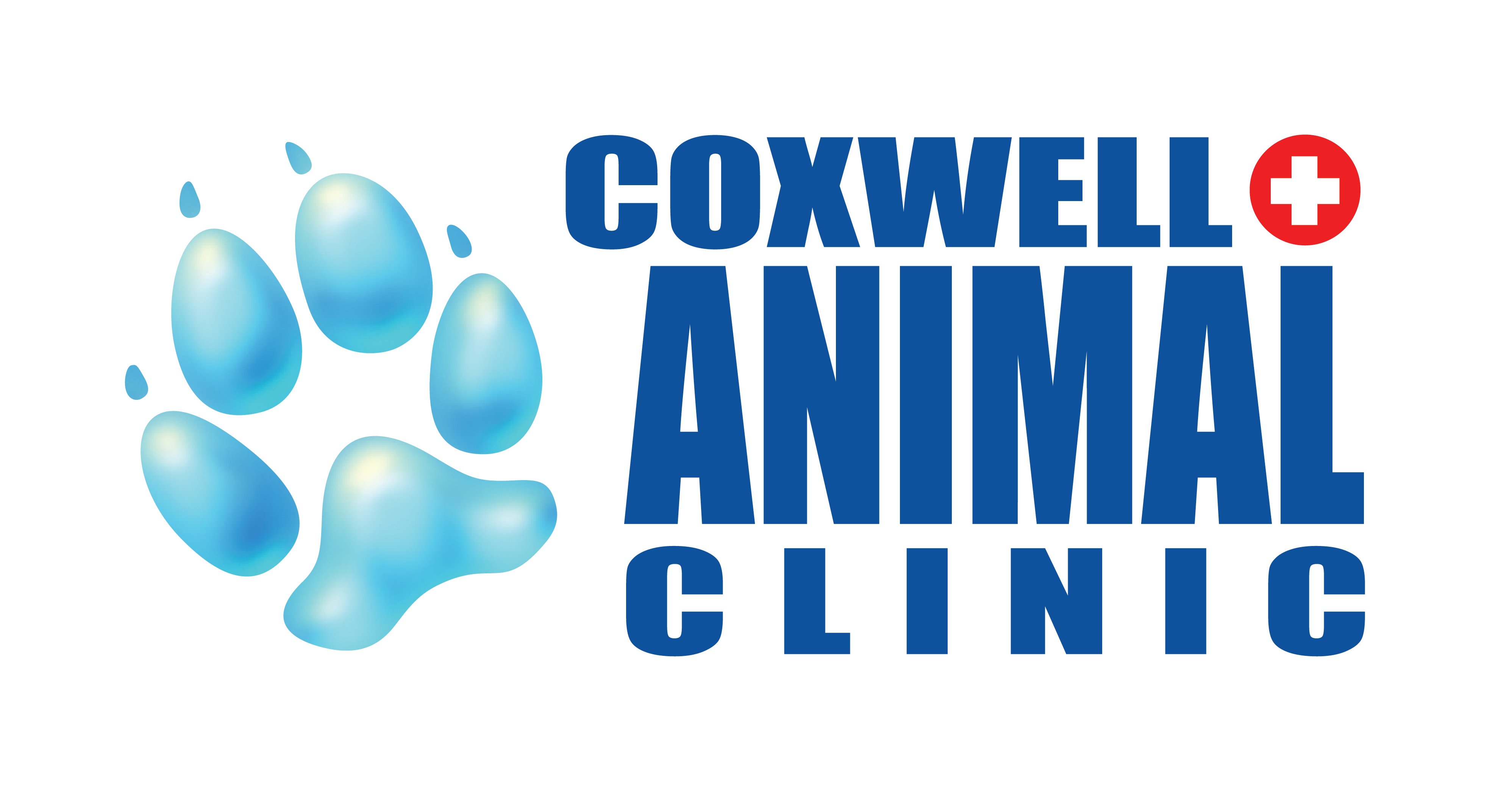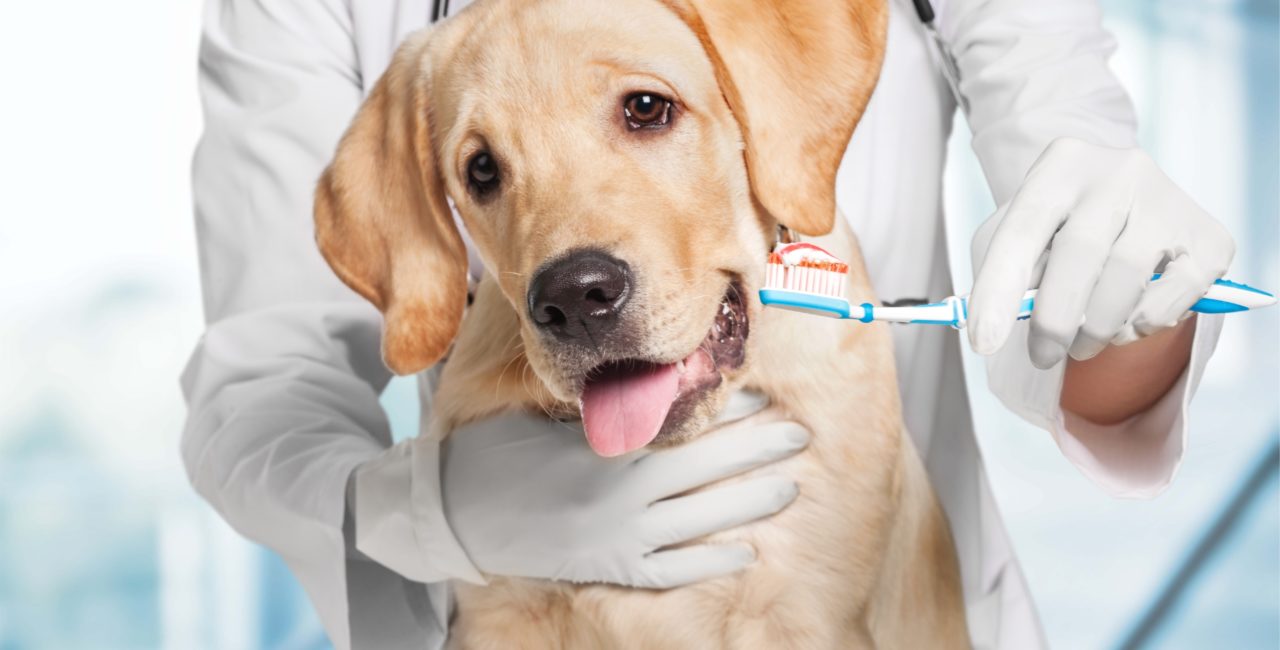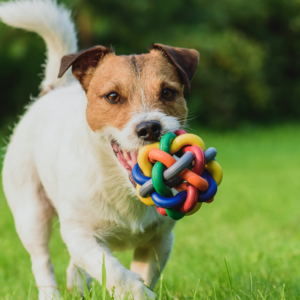Out of all the members of one’s family, who has the worst dental hygiene? Chances are it is your dog or cat. A full 85% of pets have periodontal disease by the age of 3! Periodontal disease starts when bacteria mixes with saliva and forms plaque which can harden onto your pet’s teeth leading to tartar and calculus. If this tartar is not removed, it will spread under your pet’s gum line leading to gingivitis, gum recession and eventually, damage to the underlying bone. Once the bone is damaged, the associated teeth will become painful, loose and inevitably fall out or need to be surgically extracted.
How can we avoid this fate for our beloved fur babies? Brushing is best! Studies have shown that brushing 3 or more times per week can maintain healthy teeth and gums but daily brushing is needed to control existing gingivitis.
But what if your pet won’t let you brush their teeth? Dental kibble, chews and chew toys can help. According to the Veterinary Oral Health Council, chewing can reduce plaque by up to 69%. Chewing provides abrasion against the tooth to remove plaque and tartar.
Not all dental treats are created equal. Here are some general guidelines.
- If you don’t want someone to hit you in the knee cap with it, don’t put it in your pet’s mouth
- Teeth can fracture and break. Chewing on something too hard can cause more damage than good.
- Be careful with compressed chews
- Chews, such as rawhides, can help with dental health but can be choking hazards or cause gastrointestinal blockages if swallowed whole. Always supervise your pet while they are consuming these products and take away the last 10% just to be safe.
- Match the treat or toy to your dog’s size, preferences or personality
- Aggressive chewers may do better with a firmer product.
- Food allergy animals or those with gastrointestinal sensitivities likely need indestructible chew toys.
- Be aware of calories
- Edible treats can be calorie dense.
- Pig’s ears and bull pizzles are not dental treats
- Though these treats are well loved by most dogs, no studies have been performed to suggest that they help prevent dental disease.
- These products have been known to have high rates of bacterial contamination, posing a health risk for both you and your pet.
- Fresh bones should be used with caution
- Though easier on the teeth than the cooked variety, fresh bones carry their own risks. They carry a huge risk of bacterial contamination and sharp bone fragments can be ingested leading to blockages, choking, wounds in the mouth, vomiting, diarrhea and bleeding from the rectum.
You can keep your pet’s mouth healthy. It takes some patience, the right tools and some know-how. Make an appointment at Coxwell Animal Clinic for a no charge dental examination with one of our wonderful technicians and we can get you started on the road to cleaner teeth!
Written by: Dr. Alana Kestelman, DVM




